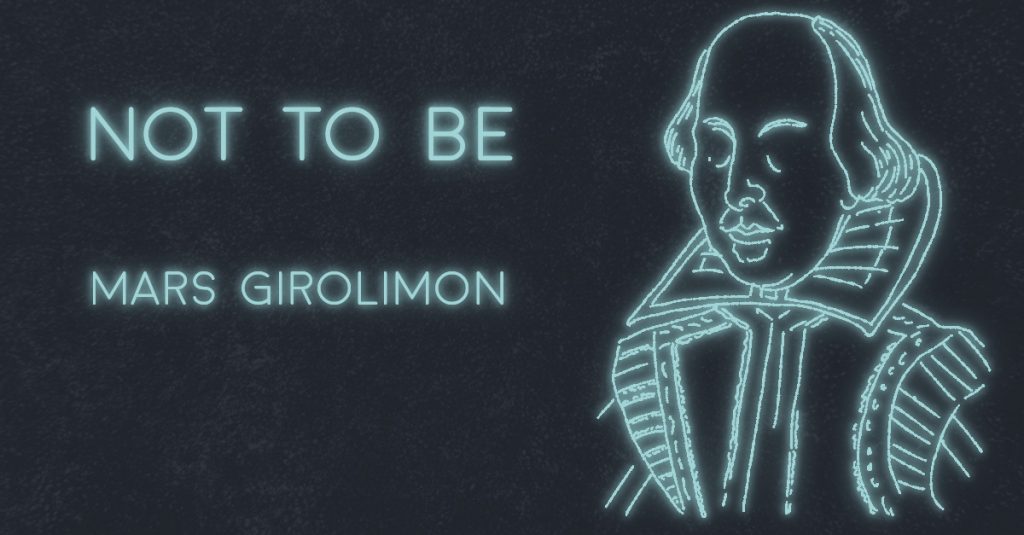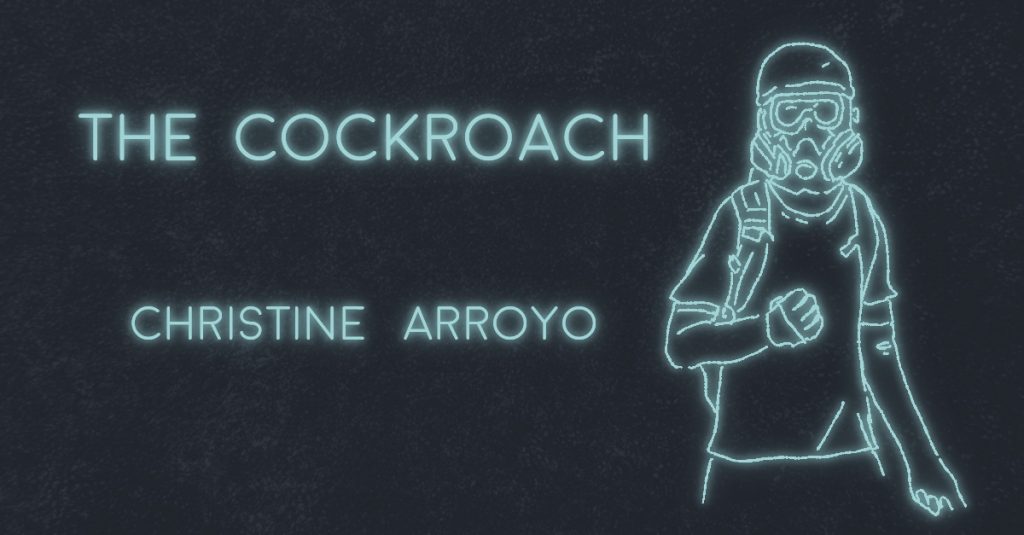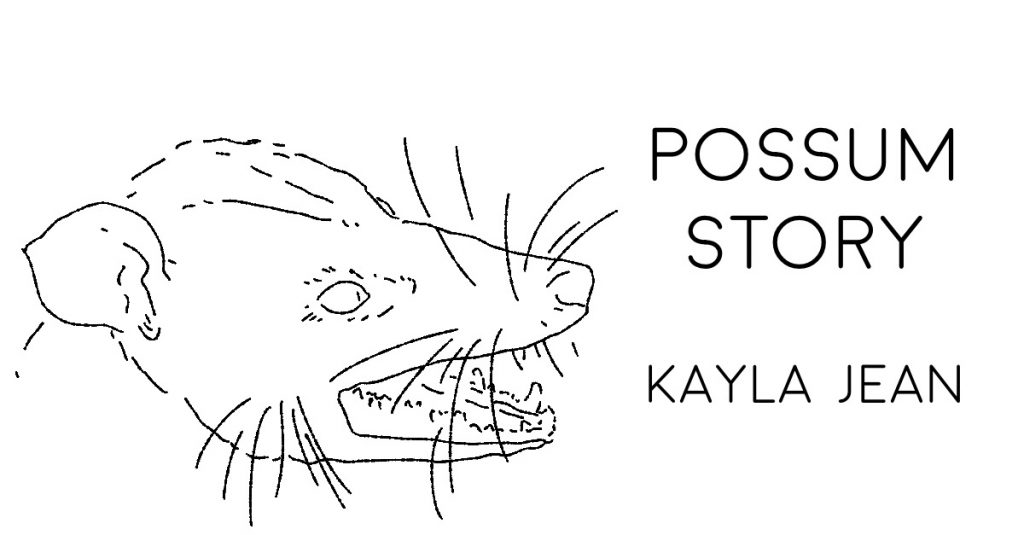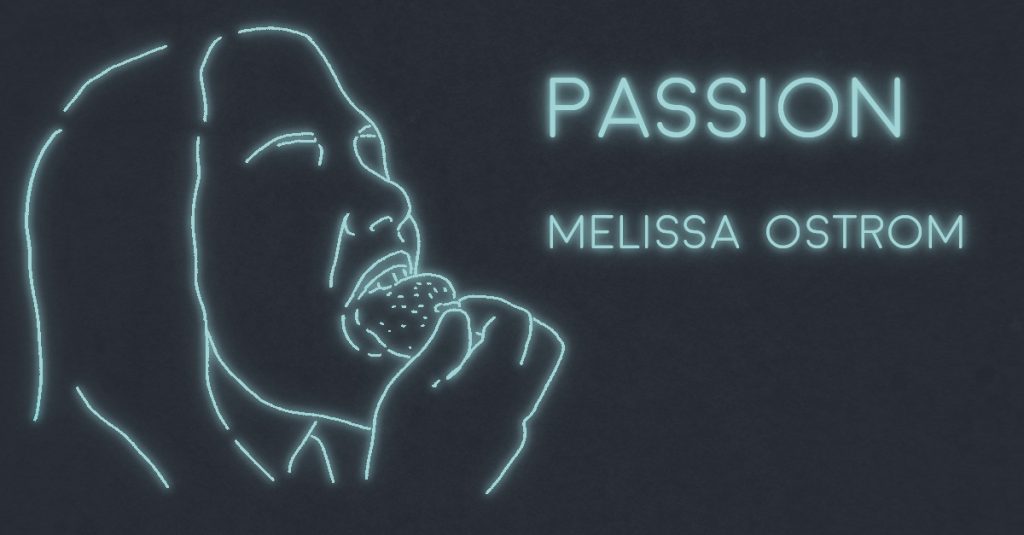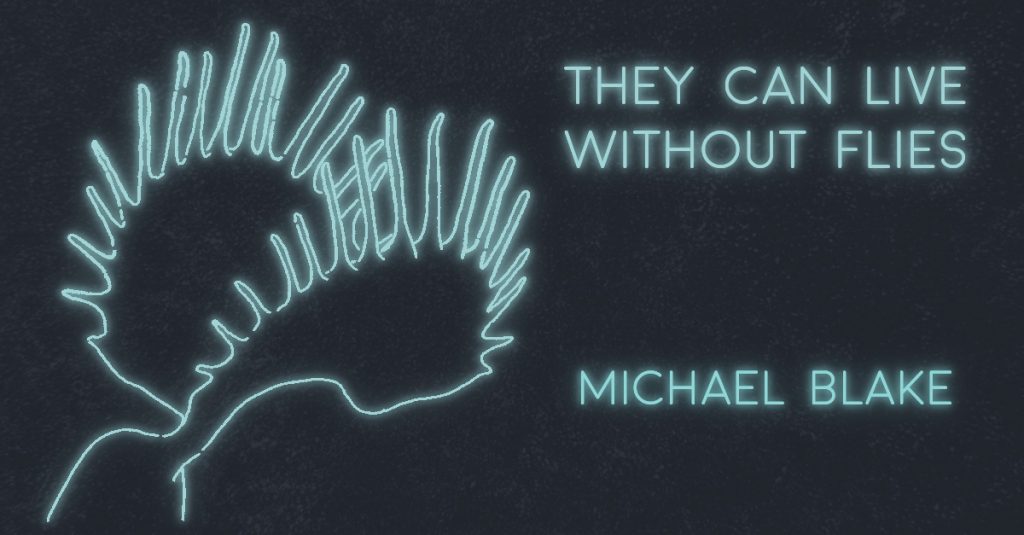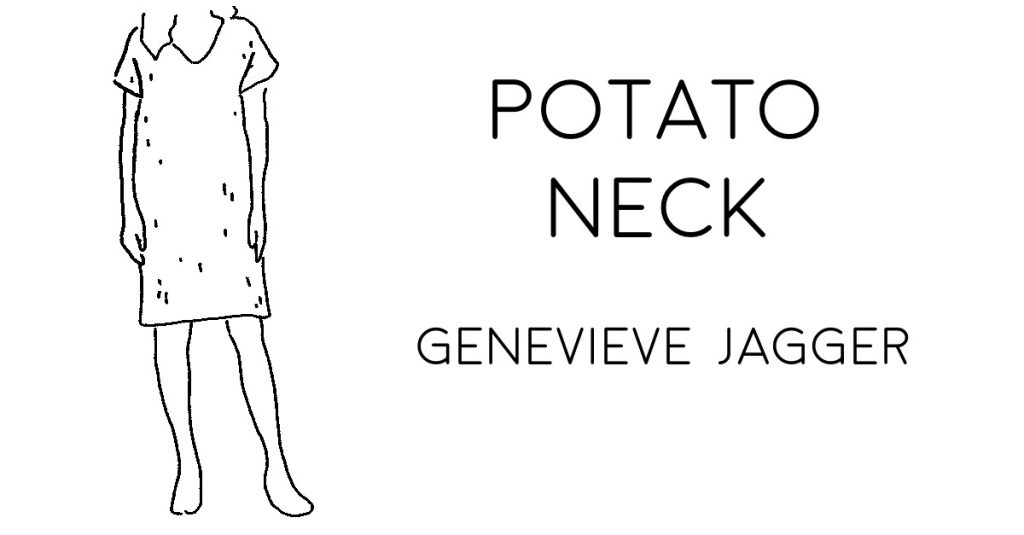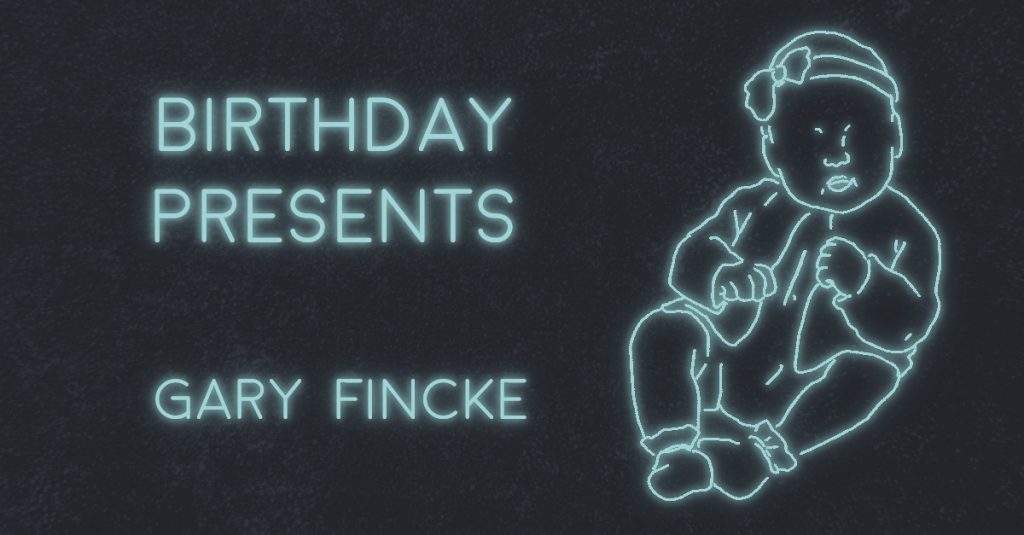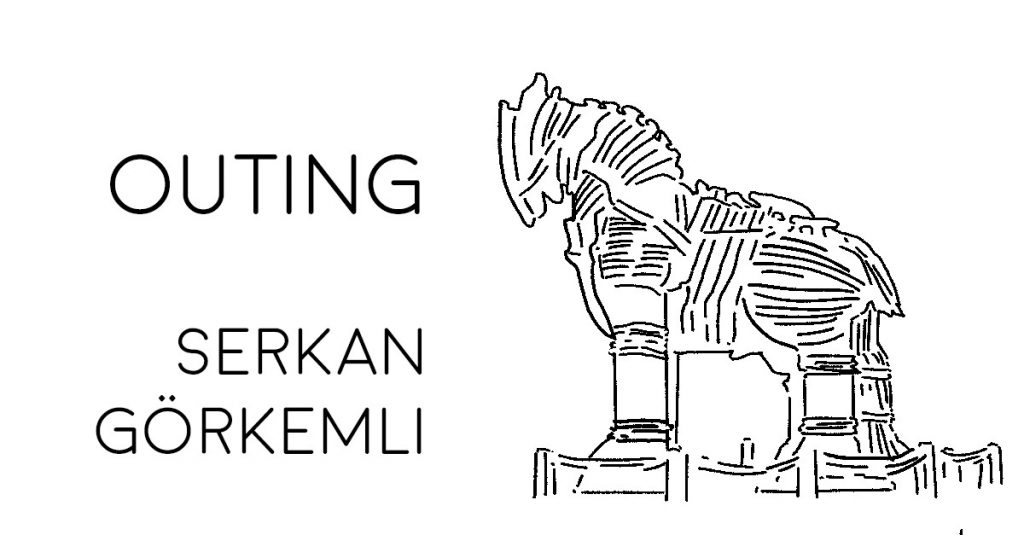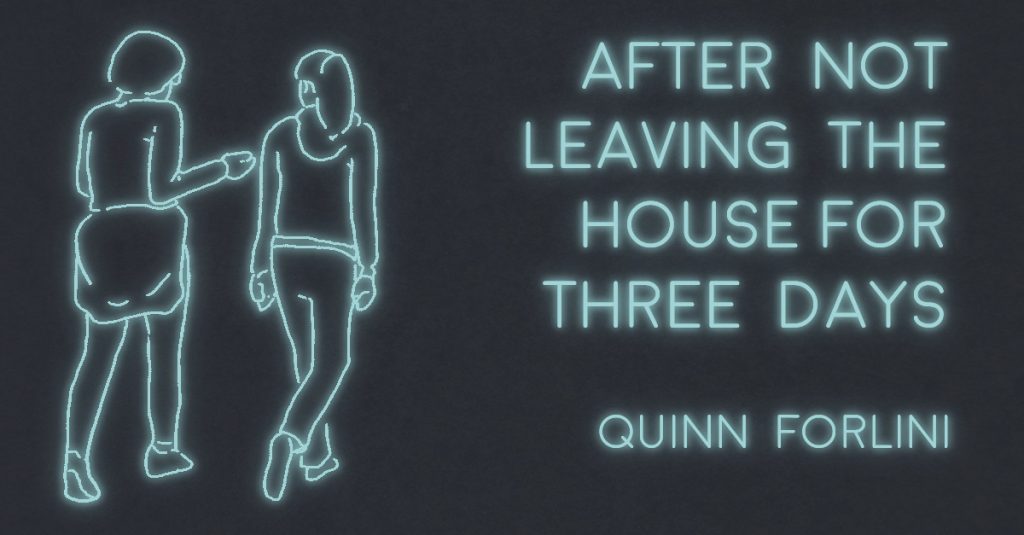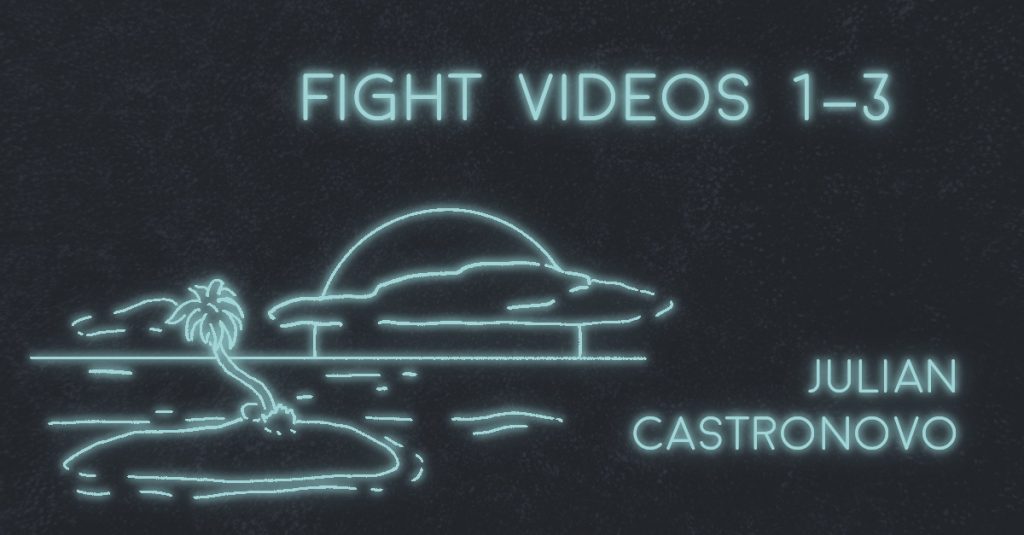By the time I show up for our weekly outing on Thursday evening, my friend Yaprak has already ordered the first bottle of red wine. We’re meeting on the patio of Büyük Truva Oteli, one of the oldest and most expensive hotels on the shore of the Dardanelles in downtown Çanakkale in northwestern Turkey.
She beckons me with her left hand to our quiet corner. Her right hand puts out one of the many cigarettes she has already smoked. The night is young, and I’ve brought two packs of Camels just in case. I’m a little late, and I already know what she’ll say.
“Enis, where the fuck have you been, you ibne?” she says and laughs.
Yaprak’s the only one who can call me a fag. The only one I’d let.
“Didn’t you have enough of your new boyfriend’s dick yet?” she whispers. Her whispering is another person’s talking.
I look around to see if anyone has heard her. I’ve tried telling her not to be so loud when she says such things, to no avail.
“Have you had enough of Mehmet’s yet?” I ask.
I’ve been dating my boyfriend for only two months. She and Mehmet have been together for almost six months now.
“Well, his, yes. Dick in general, hell no,” she says and shakes an empty plastic bottle at the waiter for more water.
A few mezes—feta cheese, shepherd’s salad, stuffed grape leaves and pepper, moussaka, and sautéed liver—are laid out on the table for our all-night noshing. She pours wine into my glass and drops the bottle into an ice bucket, which is sweating rivulets that seep into the white tablecloth. In the July heat, we like even our red wine cold.
“Trouble in paradise?”
“No, it’s just… Things change, you know.”
She’s being vague, but I get it. We’re both forty-five and have yet to settle down. Neither of us remembers how many men have passed through our lives, she as a two-time divorcee who dates to find her next husband and me as a gey man who can only date because I cannot get married. Yet our hearts, encrusted with heartbreak, both real and imagined, still have room for a teenager’s excitement about a new beginning and a mid-lifer’s hope that it’ll be different this time.
“Siktir et, let’s drink to boyfriends past and present,” she says.
Yaprak’s cursing like a sailor contrasts with her rather delicate name, which means “leaf.” She’s been like that since we first met in high school, except now she has the life experience to back it up. She’s the only child of one of Çanakkale’s most prominent families—her father is the head of the Chamber of Commerce and her mother’s a lawyer—and she’s an accomplished architect who is not beholden to anyone, so she can speak her mind. She’s what my guy friends and I call taşaklı kadın, a woman with balls.
I laugh and raise my glass, “To boyfriends. May we never run out of them.”
“Amin,” she says, gulps down the last of her wine, and immediately sips from her water. “Drink, drink, drink,” she says, gesturing to my sweating glass of water, and gets up. “I’ve got to pee.”
We’ll be prodding one another like loving yet annoying mothers throughout the night to drink plenty of water amid the summer heat to avoid a massive hangover in the morning.
This restaurant is one of the best places in Çanakkale to view the sunset. I take it all in: couples strolling arm-in-arm, parents dragging behind kids preoccupied with Maraș ice cream in one hand and trailing a balloon from the other, and groups of young men smoking or roughhousing on the promenade of the Dardanelles.
Further down the promenade on our side of the strait, the fake behemoth of a Trojan horse built for the Hollywood movie broods as it towers over those strolling by. Hard to believe that Brad Pitt hid in it, and that it came all the way from America. The historic site of Troy is about a half-hour car ride from the city center. Naturally, the downtown Büyük Truva Oteli we’re drinking at tonight is pompously named after it: The Big Troy Hotel. Cheap plaster reliefs depicting war scenes with soldiers, horses, and chariots adorn the inside of the building. Ah, the star-crossed lovers: Paris who abducted Helen, “the face that launched a thousand ships,” and Achilles—Brad Pitt—and his male companion Patroclus—Garrett … Somebody. And the carnage and the heartbreak that ensued. I’ve seen the film in English with Turkish subtitles.
My gaze shifts to the clientele populating the nearby tables in the garden restaurant: businessmen in suits probably discussing the vagaries of the economy; their sun-kissed wives or mistresses with perfectly coiffed hair and revealing blouses debating the merits of the dishes and the drinks they ordered; and foreign tourists in T-shirts and jeans imbibing rakı, indulging in mezes, and taking selfies in the waning sunlight. I wonder if there are any gey men in the crowd. Occasional eye contact might offer a clue, but I can’t be sure or take the risk of finding out. I’d check Hornet, the gey dating app popular since Turkey’s Grindr ban a few years ago, on my iPhone, but I’ve promised Yaprak, and myself, to give my current boyfriend a serious shot, so I squash the urge by emptying my wine glass and taking a long drag on my cigarette. The combination of smoke, wine, and heat makes my head spin, so I hydrate. Yaprak would approve.
#
“Allah’ım, we didn’t even say a proper merhaba! How boy-crazy are we? Come, give me a hug!”
As we embrace, her low-cut orange summer dress, printed with red hibiscuses, shimmers in the sun. She’s wearing Ambre Solaire bronzing sunblock with coconut oil. Her hair is in a ponytail, the sides of her head wetted with water to cool down and keep stray hairs in place. And of course, her sunglasses are glued to her face, never to come off until after sunset in the summer. Like she always says, she’s a woman of a certain age, so she needs to take care of her skin, especially around the eyes.
“You look great and smell delicious,” I say.
“Thank you. So do you. I like that baby beard you got going,” she says as she runs her index finger down the side of my face. “How’re things? How’re you?”
“Iyiyim, I just moved to my new office at school, and started reading up on policies and protocols. Necessary evil.”
“Oh yes, Mr. Vice Principal. Congrats again! Çin çin.”
We clink and drink to my promotion one more time.
“How do you like it so far?”
“It’s nice. Bigger office with a better view of the schoolyard. It’s quiet at the moment, and I’m excited about not teaching. But it’ll be crazy soon enough—I need to handle detentions and more parents, of course.”
“Ah, parents are the worst,” she says and laughs.
“I wish all parents were like you, canım. How’s Jale?”
Jale, her fourteen-year-old daughter and only child, who attends the middle school where I work, came out as lesbian a few weeks ago.
“She’s good. We’re learning new things every day.”
“Like what?”
“Vocabulary, people, questions. All of it.”
“Care to elaborate?” I light a cigarette and pass it to her. I light another for myself.
“Thanks, şeker.” She takes a long drag and exhales sideways before she speaks. “She’s been staying up late and reading stuff online.”
I raise my eyebrows.
“It’s not what you think. I’m not spying on her. She told me herself.”
“Okay, what did she tell you about?”
“Well, words. Lots of them. When we were growing up, it was just heteroseksüel, transseksüel, and homoseksüel. Now, it’s panseksüel, nabinary, baç. Who knows how many more—fuck, I feel like I’m being dragged under by a riptide of words.”
“Umm, yeah, I know some of those words. And don’t forget biseksüel.”
“Of course. How could I? When Jale first came out, I thought she was confused or biseksüel—I mean she’s so young, how could she know for sure?”
“Yes, I remember that. You hoped so, so that she’d have a way out.”
She purses her lips. I can’t see her eyes behind her shades.
“You know I accept my child and will support her no matter what. I just want her to be happy.”
“I know, I know,” I say, “I’ll drink to that.” We drink again. “So, what else have you learned about?”
“One day, I’m a heteroseksüel, and the next day, I’m a sapioseksüel. Who knew?”
“What?”
“See, even you don’t know it. And you call yourself gey!”
“Shall I return my gey card, Madam?”
“It means I’m attracted to intelligence.”
“Not to worry then. You’re still heterosexual.”
She gives me the middle finger and continues, “It’s true. I’ve only married and slept with intelligent guys. Et kafalılar turn me off.”
“What about Mehmet?”
Her boyfriend didn’t go to college.
“Come on, Enis, there’re plenty of meatheads with college degrees.”
“True. Ah, the meatheads, they don’t get enough credit either way. They may not be marriage material, but they have a different set of skills. Maybe you shouldn’t date to marry for a change?”
“The old me would say I’m too old for that shit, but the new me screams who the hell knows!?”
“I like the new you.” I raise my glass, and we drink the remaining wine in our glasses.
She refills us and smokes. She leaves her cigarette in her mouth, wrinkling her nose and squinting from the smoke as she says, “I mean how do I know I’m heteroseksüel? I might be biseksüel. I’ve married both guys I fell in love with, as soon as they reciprocated. Maybe I’ve never met the right woman.”
“Well, it’s not that changeable. I can tell you that. You’d know by now, even if you’ve never slept with a woman.”
“How’re you so sure? Is there a test or something that I’m not aware of?”
“Yes, it’s called the head-turn test. For me, it’s always been about who makes my head turn on the street. That’s always been guys. Even when I was in denial.”
“What’s your type, again? I forgot how you put it.”
“Broad-shouldered and narrow-hipped guys get me going.”
“So, a model. Every man’s dream, gey or straight. How original.”
I poke my tongue at her.
“How can you be so sure? You haven’t always been with such guys.”
“My point exactly. Where’re they now?”
She stops for a moment. More wine. “Fine. What do you think about panseksüellik?”
“What’s that?”
“Your gey card, please, Beyefendi?” She extends her hand, palm up.
I pretend to get it from my wallet and hand it to her. She throws my imaginary gey card over her shoulder toward a table of all-male bankers behind her. The waiter had forgotten to remove the Rezervasyon: Akbank sign from the table. One of them looks our way. Did my card hit him?
“Bullseye. I think the cute, tall guy at the table behind you caught it.”
She turns around to look before I tell her not to. She turns back and licks her lips.
“Ahem. Now that my uninformed gayness is out of the way, let me guess: Panseksüel means someone who likes everyone?”
She giggles. “Let me educate you, Mr. Vice Principal. One of Jale’s friends is panseksüel and loves a house. Jale just told me.”
“What? You mean like getting off at the thought of a beautiful villa or something?”
“Yes.”
“You’re joking!”
“No, I’m not. Jale has a lot of LeGeBeTe friends, and she told me that one of them is a panseksüel in that way.”
“Uh, that’d be a fetish. I think they’re making a fool out of you.”
“Who’s being narrow-minded now?” She crosses her arms and raises an eyebrow.
I don’t respond immediately. I top off our glasses and empty the bottle. She looks around for the waiter and flags him.
I’m amused and surprised by her confusion. How could an intelligent person who draws plans for the interior of high-rise buildings all over the world for an American firm be so confused about matters of sexuality? Is she, or are we, already drunk? My mind drifts to the world outside Çanakkale; on the fiftieth anniversary of Stonewall in America, Onur Yürüyüşü, the Pride Parade, is banned in Ankara, Istanbul, Izmir, Antalya, and Mersin. My Twitter feed tells me that even in America, ignorant homofobikler are in power. Yaprak is certainly more open-minded than my parents, who’ve known about me for more than a decade now. What’s the big deal if she’s a little confused—and drunk at the moment? I decide to go with the flow and not irritate her further. I make a mental note to look up panseksüellik later.
“Tamam, I promise to be more open-minded if I can get my gey card back.”
“You’ll get it in the mail in seven to ten business days. Call 1-800-031-6969 to activate when you receive it.”
“Teşekkürler, Madam. What other words have you learned?”
“Nabinary,” she says timidly.
“Not male or female?”
“Yes. This is the one that bothers me the most. Jale says that maybe she is nabinary.”
“So what?”
“If she’s not a man or a woman, what is she?”
“Nabinary. You need to free your mind.” I can’t help it.
She grabs the bottle from the metal bucket with a clang, jostling some ice water onto the table, and fills our glasses to the brim. She puts it back with another clang, splashing more water. She takes off her sunglasses and puts them in front of her. The sun has yet to fully set.
“Please no joking. This one hurts my heart.” She puts her hand on her bosom and tears up. “We can say ‘nabinary’ back and forth between us, but the world is cruel, and I want my child to be happy.” She dabs her eyes with her pink cloth napkin.
“I’m sorry,” I say and hold her free hand. “You’ve been a great mother—a Gezi Park annesi. You went all the way to Istanbul for the protests. You’ve made yourself an activist. How many women are there like you in this country?”
“Please don’t call me a Gezi annesi. It reminds me of mothers whose children have been injured with tear gas canisters and plastic bullets. Or even killed. And it’s gotten worse.”
“Fine, but Jale is lucky to have a mom who accepts and loves her.”
“I don’t know how to protect her. She wants to go to the unofficial Onur Yürüyüșü gathering in Izmir or Istanbul next year. I could take her, but the thought of her experiencing gas and bullets during her first parade kills me.”
“Well, maybe you shouldn’t go until you feel it’s safe.”
She sighs. “But really, when is it going to be safe?”
“I don’t know, but things will probably get worse before they get better.”
“That’s what I was thinking, too.”
“You’ve got to tell her that.”
“I agree, but just the fact that I need to tell her that hurts.”
“Maalesef.” I get up, pull my chair next to hers, and sit, putting my arm around her. “I mean what I said: You’re doing a lot just by being there for Jale. In the few weeks since she came out, you’ve come a long way, light years farther than my parents, who keep quiet and act like everything is the same.” I look away to quell the ache stirring in my chest. “All you can do is be there for her and let her find her own way. Like we all had to do. You can’t control the world.”
She nods and kisses me on the cheek. I give her a hug before returning to my side of the table, and propose a toast, “To mothers like you.”
“To friends like you,” she says and drinks. “While we’re on the subject, Jale has been chatting with Aslı, this older girl, online.”
“How much older?”
“Jale says she’s sixteen. And she wants to meet her. Enis, you should talk to Jale.”
“What about?”
“Well, you’re a normal gey, not like my friend Tamer from college.”
“Normal gey?” I scoff. “What’s wrong with Tamer?”
“Nothing, really, he’s just very flamboyant and sleeps around. As if that’s his life’s goal. You know the type. I want Jale to have a more wholesome influence in her life. Not become a barfly.”
“Well, I was once like him. Is that how you thought about me then?”
“Come on, you and Tamer are not the same.”
“Her neyse.” There are more important matters than Tamer. “As I told you before, Jale shouldn’t know about me yet.”
“About that,” she says and simpers.
“You told her, didn’t you?”
“I had to. And she was so excited about it. If you were in my shoes, you would want her to have someone to talk to, wouldn’t you?”
I can’t believe she played the mother card. I take a deep breath, rub my face with both hands as if it’s the end of a prayer, and exhale. I finish off what remains of yet another glass of wine despite a sudden wave of nausea.
My head spins as I stumble toward the men’s room inside the hotel. I realize the sun has fully set. The night is upon us, and the darkness that drapes the Dardanelles in the distance makes it look like it’s been snatched away, leaving an abyss in its place.
#
As I squeeze out the last few drops of urine, I smolder at Yaprak’s reckless behavior. I zip up, wash my hands, and check my hair. I have a short haircut that butches me up. Summer freckles on my face. I see a fledgling pimple on the side of my head. How did I miss it? I feel a pinprick of pain as I squeeze it. It’s now a puffy pink spot. I splash my face with cool water.
As I’m about to leave the restroom, one of the Akbank men enters. He looks at me. I nod. He doesn’t nod back. Does he know about me? Did he hear us talk? I pull down the collar of my T-shirt with my index finger. The sun might be out for the night, but it’s still hot.
When I step back outdoors, I feel all eyes are on me. I walk through the flotsam of tables carefully to avoid stumbling and drawing more attention to myself. Yaprak is laughing and gesturing as she chats with the tall businessman from the Akbank table. Has she told him about me? I get why her chatting with random men bothers her boyfriend Mehmet. They stop talking, and she turns back to our table just before I arrive.
“Are you alright? You seem flushed. Drink water.”
“Is it that obvious? I just popped a pimple.”
“Iğrenç,” she winces.
“I’ll tell you what’s gross. Your outing me to Jale, a child.”
“Come on,” she says, “You know her. She looks up to you. And she knows not to tell.”
I lean forward and glare at her. “You want me fired?”
“I’ll make sure she won’t tell anyone.”
“Let’s hope she’s not as trusting of people as you are.”
“You’ve always been like this.”
“What do you mean?”
“It’s like when we dated in high school. You didn’t want anyone to know. Honestly, I never understood it.”
“It’s not the same. It didn’t feel right. It wasn’t right.”
“So, it still doesn’t feel right?”
“Don’t you dare.” I pound the table.
“Calm down. No more wine for you,” she says and puts on a smile. Tencere dibin kara, seninki benden kara—pot calling the kettle’s bottom sooty.
I pour myself another glass of wine. I light a Camel. I make a point of offering her neither. She gives me a sheepish look and fills her own glass. We’re determined to drown it all in red.
“Look, I’m sorry,” she says. “You’ve known her since she was a baby. She won’t tell. I promise.”
“We’ll see. Maybe she already has.” I’m determined not to let her off the hook that easy. “And make sure you don’t blab about her, either.”
“I know how to protect my child. Don’t lecture me on parenting.”
“I just want to make sure you understand. We’re not characters in the Yaprak show of open-mindedness.”
“Siktir git,” she says loudly enough to turn several heads our way. She pushes her chair back and stands up unsteadily.
I’ve finally gotten a rise out of her, so I pile on. “See, this is what you heterolar don’t get.” I shake my cigarette-holding right hand at her. “You don’t walk in kuir shoes, so you don’t get to tell. Got it?”
She’d storm into the hotel except she’s drunk. She turns around slowly and walks as if she is an old lady with leg problems. I don’t go after her. For the moment, I want her to feel bad. When she finally reaches the building, she grabs the arm of the waiter at the door and holds onto it as she speaks to him. It looks like she needs support to stand up, but I know her. I bet she ordered another bottle of red.
#
While Yaprak pouts in the restroom, I pull out my iPhone and call her boyfriend Mehmet.
“Who’s this?” an unfamiliar voice on the other end asks.
Shit, I misdialed. It’s the new, other Mehmet, the school janitor, in my contacts. I was told to save his number for building-related emergencies.
“I’m sorry, I dialed the wrong number,” I say, trying not to slur my words.
He hangs up without saying anything. Fortunately, he doesn’t have my number yet.
The waiter brings a bottle of Kavaklıdere Yakut. Yaprak is definitely coming back.
I squint at my phone as if I’m nearsighted or really old and can barely pick out the names. I navigate to the two Mehmets in my contacts. No last names. I tap each Mehmet with my fingertip to view their numbers. Not that I memorized them. Who does that these days? Mehmet the janitor lives near the school, and I know my work area code, so I call the other one.
“Nooldu?” he says. No greeting, no warmth, no nothing. He’s always like that with me, as if I’m not man enough for him.
“Yaprak,” I say and can’t find the words, like I’m intimidated by him all of a sudden.
“Is she okay?”
I hear music and people talking loudly in the background.
“She’s okay. Where are you?”
“Eceabat.”
A half-hour ferry ride away, on the other side of the Dardanelles. He lives there, born and raised, and owns a furniture store. They met when Yaprak was doing pro bono consulting for a family friend there. I don’t know what Yaprak sees in him. He doesn’t have a college degree, and he reminds me of my dad sometimes. He is a typical man in the way he neglects her.
“What’re you up to?” I ask.
“Hanging out. Entertaining some guests.”
“Anyone I know?”
“You don’t know them. Why’s she not calling me herself? Put her on.”
Bossy. Maybe that’s what she likes about him. That, or he has a big dick.
Which he does. She told me herself.
“She’s just drunk and in the restroom. You know how she gets.”
“Of course, what else,” he mutters.
Maybe there really is trouble in paradise.
“Can you come get her?”
“At this hour? Not sure. And my guests.”
“We argued a little.”
He ignores that bit of information because he knows how we get when we drink together.
“Hold on, I’m checking the summer ferry schedule.”
He won’t make it. I already knew that.
“It’s past midnight. I missed it. The next one is at 2 am,” he says.
“No worries. I’ll see what I can do. I’ll text you if we need you. Görüşürüz.”
I see that Yaprak is on her way back. As she approaches, I tally the signs of drunkenness. Her face is flushed, her hair is somewhat disheveled, even though she probably put in some effort to keep it together, and one of the spaghetti straps of her orange dress has fallen below her shoulder.
“Who were you talking to?”
“Mehmet.”
“Why, did he call you?
“No, I called him.”
“Why?”
“Well, you’re too drunk, and as your boyfriend, he should come and take care of you.”
“What the fuck, Enis?”
“What?” I feign ignorance.
“You know.” She holds her forehead like she’s received news of death. Dramatic.
“Why are you coming between me and my boyfriend?” she asks.
“I’m not.”
“Yes, you are. He doesn’t want me to drink, and you call him and tell him that I’m drunk.”
“Well, I didn’t know that.”
“Now you do. Stay the fuck out of my relationship.” She’s ready to pounce on me like a lioness.
We are quiet for a minute and drink from the Yakut I’ve poured for both of us.
“I know what you’re doing,” she continues. “You’re still mad at me, so you step over me and call my boyfriend.”
That’s exactly it. “I don’t know where you’re getting that.”
“Allah kahretsin, stop playing games!” She’s the one pounding the table this time. Her other strap falls. I reach out to pull it over her shoulder. She cringes and slaps my hand. “Don’t touch me.”
“Tamam, tamam, I’m sorry,” I say, “I’m just drunk.”
She leans back and takes a deep breath. “Have I ever come between you and your boyfriends? Did I call Alpay when he was fucking around behind your back, and you knew it?”
“What’s my ex have to do with this?” I ask. We’re experts at pushing each other’s buttons.
“It wasn’t easy for me to see you being disrespected, but I’ve never disrespected you. I expect the same.”
She literally held my hand through that debacle and many others since.
“I said I’m sorry. What else do you want me to do?”
“Call Mehmet back and tell him that I don’t need him. Now.”
I dial Mehmet and am about to tell him exactly that when the sleepy and angry voice of the school janitor says, “Brother, you misdialed again. Stop calling me!” He hangs up.
I start giggling and almost fall off my chair.
“What’s so funny?” Yaprak asks.
“Hold on, I’ll tell you. Let me call your Mehmet first.”
“My Mehmet?”
I hold my index finger up at her as I dial Mehmet. I tell him we don’t need him.
He says, “Tamam,” and hangs up.
I tell Yaprak about misdialing the janitor twice. I get the giggles again, which makes Yaprak smile in spite of herself. Her smile is encouraging. Maybe she’ll forgive me. I get up and put my arm around her. She doesn’t move, except for turning her head sideways and offering me her cheek. I give her a peck on the cheek. As I move back to my seat, my head is spinning.
We avoid eye contact and don’t say anything for several minutes. The late-night sea breeze exhales through the emptying patio.
I rub my eyes and say, “We shouldn’t have ordered this last bottle. It’s so late. And I have a morning meeting.”
“You can leave,” she says, “I want to stay a bit more and finish the Yakut.”
She’s still sore from our altercation. I am, too, and it doesn’t feel right to leave her drinking alone, but I need to go home. “Are you sure?”
“Yes,” she says, “I’ll take a cab.”
We both took the bus here today so that we could drink as much as we wanted.
“Call me if you need me.”
“I will.” She doesn’t get up, so I go to her, kiss her on the cheek again, and say hoşçakal.
As I stumble out of the restaurant and shuffle through the hotel, I fumble for my wallet and apartment keys to make sure I have them. I hail a cab at the front entrance.
Once on my way, I sit back and enjoy the cool night breeze caressing my face and gliding through my hair.
Then I remember my mental note about looking up panseksüellik. I Google it: “Pansexuality, or omnisexuality, is the sexual, romantic, or emotional attraction toward people regardless of their sex or gender identity.”
Interesting. I return my iPhone to my pocket and lean back. My mind drifts to Yaprak and myself: in high school, when we were mere kids trying to fit the mold; in college, when she studied in Istanbul and I in Izmir, but we stayed in touch and became even closer after I came out; and now, after so many years and so many boyfriends. She’s family.
I pull out my phone and text her that I’ll speak with Jale, followed by two emojis: a heart and a hug. I add the Wikipedia link to my favorites; it could be handy when I talk to Jale.
When I arrive at my apartment, I take off my clothes and set my alarm so that I can wake up and check on Yaprak in an hour. Just as I’m falling asleep, I hear the faint ping of an arriving text. I squint at my phone and make out her text: “Teşekkürler, I knew you would!” followed by her signature trio of emojis I cherish: a rock star, a middle finger, and a kiss.
